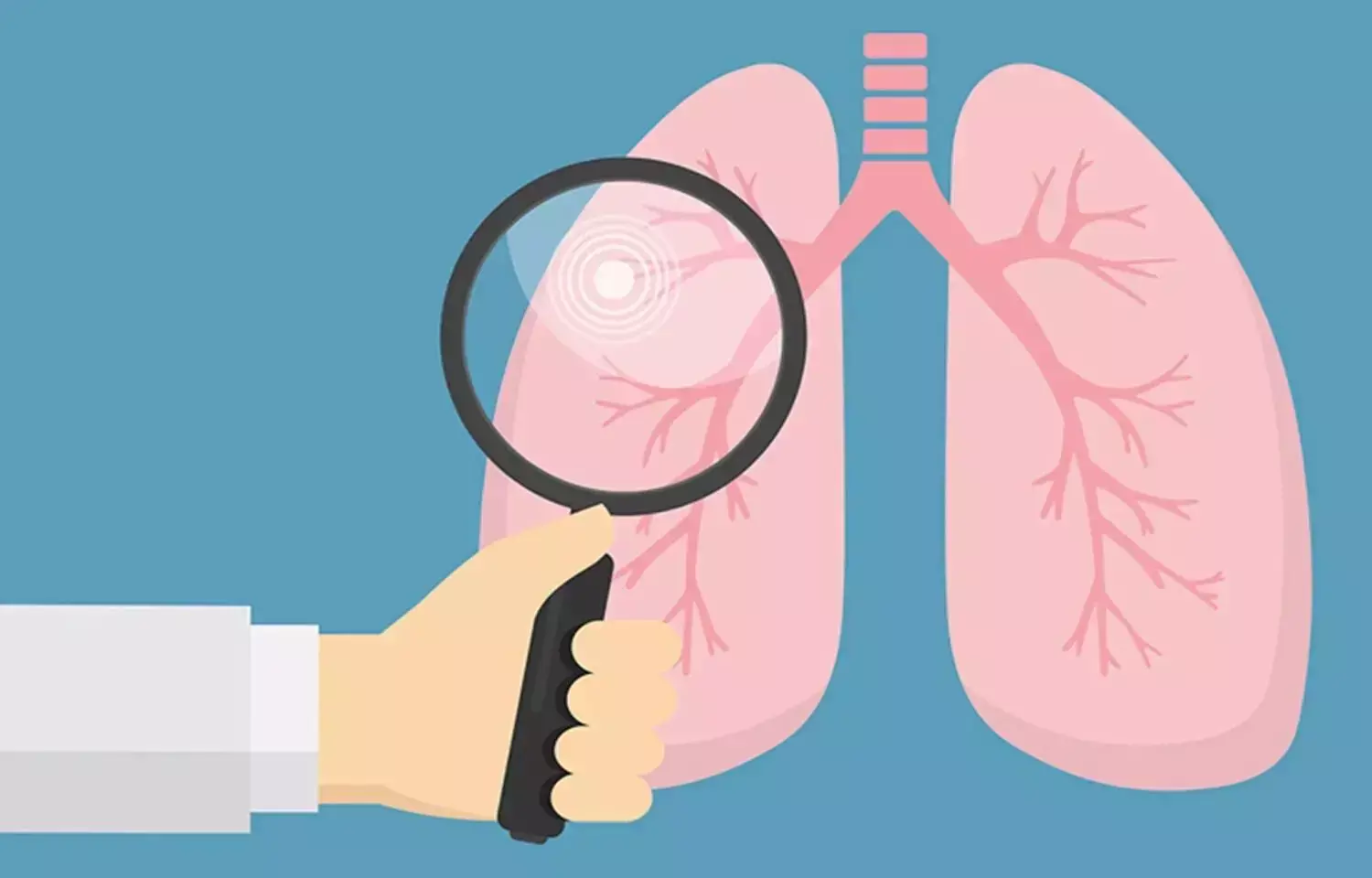- Home
- Medical news & Guidelines
- Anesthesiology
- Cardiology and CTVS
- Critical Care
- Dentistry
- Dermatology
- Diabetes and Endocrinology
- ENT
- Gastroenterology
- Medicine
- Nephrology
- Neurology
- Obstretics-Gynaecology
- Oncology
- Ophthalmology
- Orthopaedics
- Pediatrics-Neonatology
- Psychiatry
- Pulmonology
- Radiology
- Surgery
- Urology
- Laboratory Medicine
- Diet
- Nursing
- Paramedical
- Physiotherapy
- Health news
- Fact Check
- Bone Health Fact Check
- Brain Health Fact Check
- Cancer Related Fact Check
- Child Care Fact Check
- Dental and oral health fact check
- Diabetes and metabolic health fact check
- Diet and Nutrition Fact Check
- Eye and ENT Care Fact Check
- Fitness fact check
- Gut health fact check
- Heart health fact check
- Kidney health fact check
- Medical education fact check
- Men's health fact check
- Respiratory fact check
- Skin and hair care fact check
- Vaccine and Immunization fact check
- Women's health fact check
- AYUSH
- State News
- Andaman and Nicobar Islands
- Andhra Pradesh
- Arunachal Pradesh
- Assam
- Bihar
- Chandigarh
- Chattisgarh
- Dadra and Nagar Haveli
- Daman and Diu
- Delhi
- Goa
- Gujarat
- Haryana
- Himachal Pradesh
- Jammu & Kashmir
- Jharkhand
- Karnataka
- Kerala
- Ladakh
- Lakshadweep
- Madhya Pradesh
- Maharashtra
- Manipur
- Meghalaya
- Mizoram
- Nagaland
- Odisha
- Puducherry
- Punjab
- Rajasthan
- Sikkim
- Tamil Nadu
- Telangana
- Tripura
- Uttar Pradesh
- Uttrakhand
- West Bengal
- Medical Education
- Industry
Bronchoscopic microwave ablation safe for inoperable lung malignancies

UK: A new study conducted by K. Lau and the team suggests that bronchoscopic microwave ablation (BMA) is an alternate therapy for people with medically inoperable lung cancer with oligo lung metastases. The findings of this study were presented at the European Respiratory Society International Congress 2022.
With decreased pneumothorax rates, guided bronchoscopy is a safer option than percutaneous approaches. Researchers describe a four-year experience using bronchoscopic microwave ablation of peripheral lesions in this study.
This research was an institutional retrospective analysis of BMA from February 2018 to February 22. Using cone-beam CT, a flexible microwave ablation catheter, and navigation bronchoscopy, nodules were removed. Data evaluation was carried out after taking into account all relevant factors.
The key findings of this presentation were:
1. In 61 surgeries, 67 nodules (22 primary lung cancer and 45 oligometastases) were removed from 52 patients.
2. In the same procedure, 5 patients had multiple nodules (2–3) ablated (3 bilateral), along with concurrent wedge resection.
3. It took 2-3 bracketed ablations on 9 nodules.
4. The average length of a single ablation operation was 90 minutes (range 27-187).
5. There was only one pneumothorax due to a subpleural nodule and no deaths.
6. 13 patients (21%) exhibited moderate hemoptysis, 10 (16%) post-ablation syndrome and 16 (29%) minor chest discomfort.
7. One patient experienced an empyema that needed to be drained.
8. Microbiology-confirmed infected cavitating lesions were seen in 2 patients.
9. Segmental collapse and bronchial stenosis occurred in 2 individuals.
10. The median time between occurrences was 326 days. Seven cases—2 re-ablated, 1 resected—presented as the illness progressed throughout the body.
11. During follow-up, 10 (19%) patients passed away; neither the index nodule nor the ablation were to blame.
In conclusion, the bronchial, parenchymal, and pleural compartments are all prone to complications. The author further said that the "rate of local recurrence is comparable to that seen in percutaneous lung ablation."
Reference:
Lau, K., & London, (. (n.d.). Four year outcomes of bronchoscopic microwave ablation of peripheral lung nodules. European Respiratory Society International Congress, September 4 - 6, 2022.
Neuroscience Masters graduate
Jacinthlyn Sylvia, a Neuroscience Master's graduate from Chennai has worked extensively in deciphering the neurobiology of cognition and motor control in aging. She also has spread-out exposure to Neurosurgery from her Bachelor’s. She is currently involved in active Neuro-Oncology research. She is an upcoming neuroscientist with a fiery passion for writing. Her news cover at Medical Dialogues feature recent discoveries and updates from the healthcare and biomedical research fields. She can be reached at editorial@medicaldialogues.in
Dr Kamal Kant Kohli-MBBS, DTCD- a chest specialist with more than 30 years of practice and a flair for writing clinical articles, Dr Kamal Kant Kohli joined Medical Dialogues as a Chief Editor of Medical News. Besides writing articles, as an editor, he proofreads and verifies all the medical content published on Medical Dialogues including those coming from journals, studies,medical conferences,guidelines etc. Email: drkohli@medicaldialogues.in. Contact no. 011-43720751


